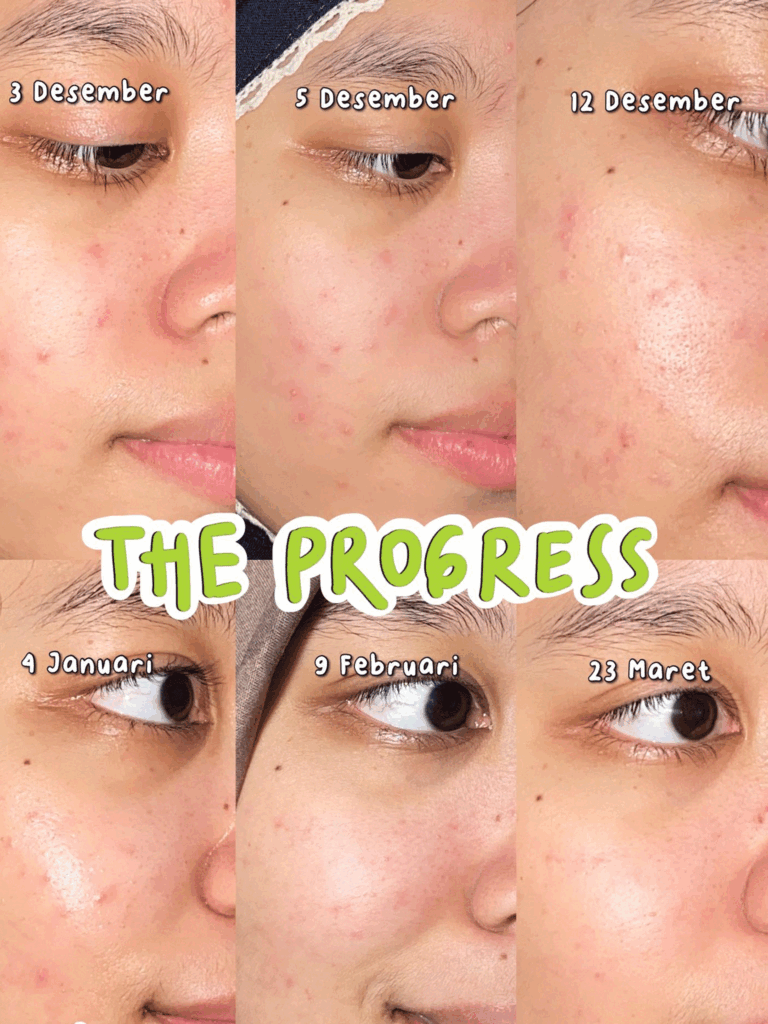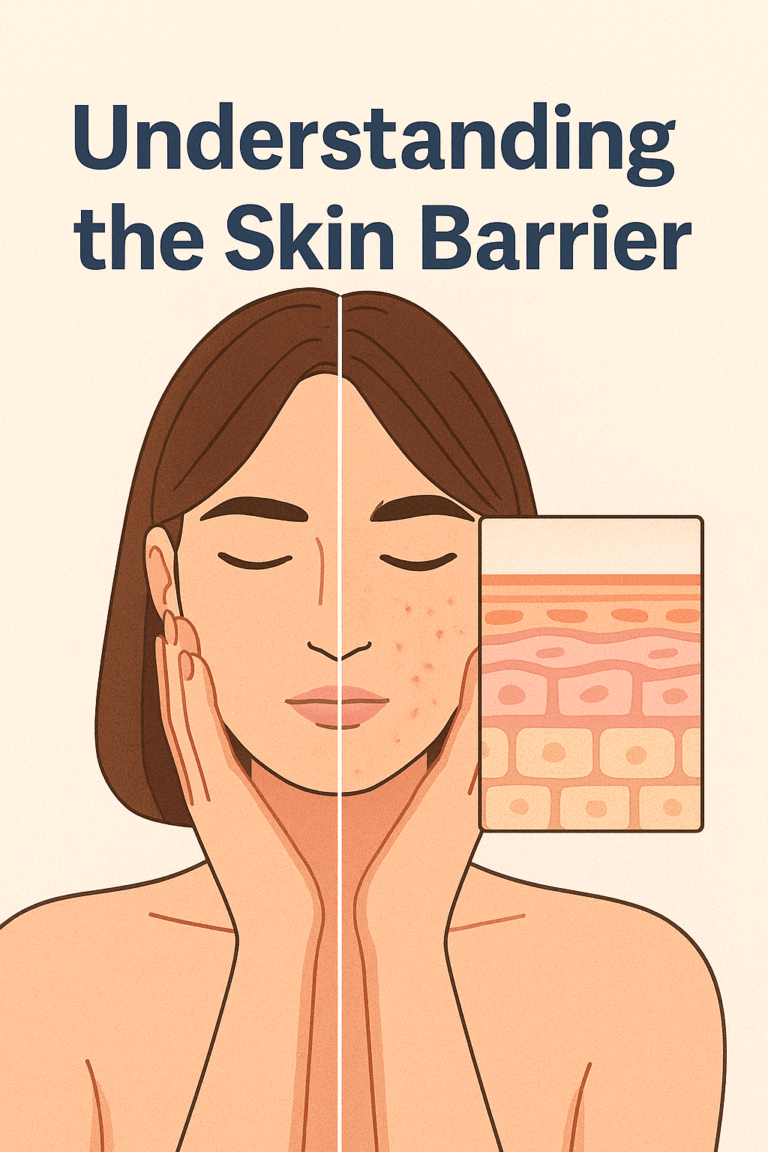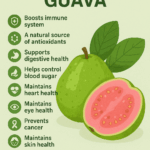Pixie Forever – In the world of skincare, the term skin barrier has been gaining more attention. Many people now understand that healthy skin is not only about using the right skincare products, but also about the condition of the skin’s protective layer. Therefore, understanding the skin barrier is the first and most important step for anyone aiming for healthy, hydrated skin that is also protected from issues like acne, redness, or premature aging.
What Is the Skin Barrier?
The skin barrier is the outermost layer of the skin that functions as the body’s natural defense system. It consists of skin cells and lipids (natural fats) tightly packed together, much like bricks and mortar. Imagine your skin as a fortress—the skin barrier is the solid wall that shields everything inside.
The primary roles of the skin barrier include:
- Maintaining the skin’s natural moisture to prevent excessive water loss.
- Protecting the skin from free radicals, pollution, and harmful UV rays.
- Blocking bacteria and germs from entering and causing infection or inflammation.
When the skin barrier becomes damaged, it can lead to dryness, sensitivity, irritation, acne breakouts, and even accelerated aging.

Factors That Can Damage the Skin Barrier
Although the skin barrier can naturally repair itself, there are many factors that can weaken it:
- Excessive sun exposure
UV rays can damage skin cells and break down lipid structures, weakening the barrier. - Harsh skincare products
Cleansers with high levels of SLS or alcohol can strip away the skin’s natural oils. - Extreme weather changes
Cold or dry air can cause significant moisture loss in the skin. - Over-washing the face
While cleansing is important, doing it too often can remove essential protective oils. - Lack of hydration and nutrition
The skin requires adequate vitamins, minerals, and water to function optimally.
read more : “Trump Meets Putin: Global Attention on the Alaska Summit“
Signs of a Damaged Skin Barrier
When your skin barrier is compromised, you may experience:
- Dry, flaky skin.
- Redness or visible irritation.
- A stinging or burning sensation when applying skincare products.
- Frequent acne breakouts.
- Rough or uneven skin texture.
These signs mean your skin’s defense system needs urgent attention.
How to Repair and Protect the Skin Barrier
Here are effective ways to maintain and restore your skin barrier:
- Use a gentle cleanser
Opt for cleansers that are free from sulfates, alcohol, and strong fragrances. - Moisturize with ceramides and hyaluronic acid
These ingredients help reinforce the skin barrier and lock in hydration. - Apply sunscreen daily
Sunscreen is essential for protecting against UV damage. - Limit exfoliation
Exfoliating 1–2 times per week is enough to remove dead skin cells without stripping the barrier. - Eat nutrient-rich foods
Omega-3 fatty acids, vitamin C, and vitamin E support skin repair from within. - Manage stress levels
Chronic stress can trigger inflammation and weaken the skin barrier.
Best Ingredients for Skin Barrier Care
When choosing skincare products, look for:
- Ceramides to strengthen the skin’s outer layer.
- Niacinamide to soothe and reduce inflammation.
- Hyaluronic acid for deep hydration.
- Panthenol to calm sensitive skin.
Products like moisturizers, serums, and night creams containing these ingredients can be highly effective in restoring skin health.
Understanding the Skin Barrier in Modern Skincare Trends
In recent years, the idea of understanding the skin barrier has become a key topic in the beauty industry. Many dermatologists and skincare influencers emphasize that maintaining a healthy skin barrier should be the main focus of any skincare routine—rather than solely targeting brightness or acne.
This concept aligns with the skinimalism trend, which promotes using only essential products your skin truly needs. It emphasizes hydration, sun protection, and gentle, consistent care.



